As dissidence surrounding the Kremlin continues to be suppressed by force and legal ambiguities alike, the fight against censorship recently found a temporary base in Istanbul, where many anti-war Russians currently take asylum from a domestic front in which they no longer feel safe.
Recent weeks have brought about legislative reform and enforcement barring any kind of public protest denouncing the antagonistic role of Russian President Vladimir Putin’s regime in Ukraine. The newest patchworks have forced those following the news to look beyond Russia’s banishment of foreign media outlets or images of protest “inciters” — as the Kremlin calls them — being swept away into oblivion to find out what is happening on the ground.
Even calling this “special military operation,” as Putin has officially dubbed it, a “war” across online publications is now punishable by up to a 15 year prison sentence.
More puppet strings have been attached to Russia’s totalitarian stream of propaganda than ever before. It’s easy to understand why many of those who have fled from its cities — some of whom now call themselves refugees — would want to escape a validated fear of meeting the same fate as the journalists and oppositionists now detained or departed, let alone the worsening economic disparities that are multidimensionally ravaging the country.
Household names within Russia’s hip-hop circle — including Oxxxymiron and Morgenshtern, the latter of whom was the most streamed artist on Spotify in Russia last year — have been subject to such censorship for some time. Both faced investigative probes from the state in 2021, and faced allegations of popularizing a “negative attitude toward employees of law enforcement organs” with officials using superficial lyrical analyses as a basis for prosecution.
The common motif that ties these artists together is their outspoken nature, as both have criticized Putin’s leadership on several occasions, calling into question his masking of atrocity with a nationalistic facade. These probes coincided with anti-Putin remarks. Morgenshtern fled the country himself after questioning state overspending on annual Victory Day parades, as the Investigative Committee aimed to forge decidedly unfounded charges of drug trafficking against him thereafter.
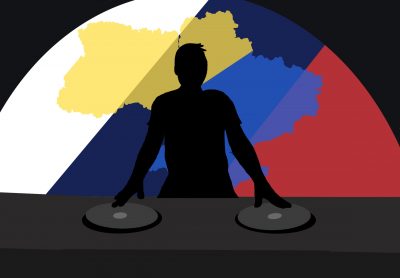
The rising conflict in Ukraine, however, has seemed only to catalyze the political vocality of these artists. After canceling six sold-out dates in Russia as an act of protest, Oxxxymiron trailed the diaspora leading to Turkey, where visa-free entry has offered sanctuary to thousands of self-exilers.
On March 15, Oxxxymiron hosted a benefit concert that catered to hundreds of anti-war Russians in Istanbul. Revenue from both ticket sales and donations accrued from live streams were directed toward various NGOs, all of which are aiding Ukrainian refugees.
Like-minded fans and protestors flocked to the event, with major news outlets taping the rapper as he dug into his entire catalog, unleashing fiery performances on a stage displaying one slogan — “Russians Against War.”
The rapper preceded the show with an announcement that it would be the first of a series of benefit concerts — promoted under the aforementioned banner — as he aims to perform in the cities of which Russians have fled to most frequently.
In the Instagram clip — which now has more than three million views — Oxxxymiron explains that performing in Russia isn’t feasible due to the illegality of condemning the war, but that his team is doing what it can to aid those in crisis.
“There are tens of millions of Russians who categorically disagree with this war, and I think this should be said as loudly as possible,” he asserts in the video.
Figures like Morgenshtern are touching upon the crisis in Ukraine through their recent releases. His newest single, titled “12,” daringly calls out the Kremlin — “big bosses will send you to the slaughter, bosses never gave a fuck” — and concludes with a voicemail from his producer’s mother, relaying that she’s taking shelter from the missile bombardments of Odesa in real time.
With the restrictions that Putin has placed on streaming platforms, this track had initially only been globally accessible through a leak on YouTube — a post of which someone risked their livelihood to share, entrusting a VPN to safeguard their freedom. That alone should reflect not only how unfaltering the anti-war sentiment under Putin is, but why he considers the resolve of his people so threatening.
Right now, in Russia, one measly word can make someone an enemy of the state. The rallying cry bellowed out by these artists — among others — is not only guiding masses in their search for common ground, but fueling a solidarity that will only snowball in weeks to come.
















































































































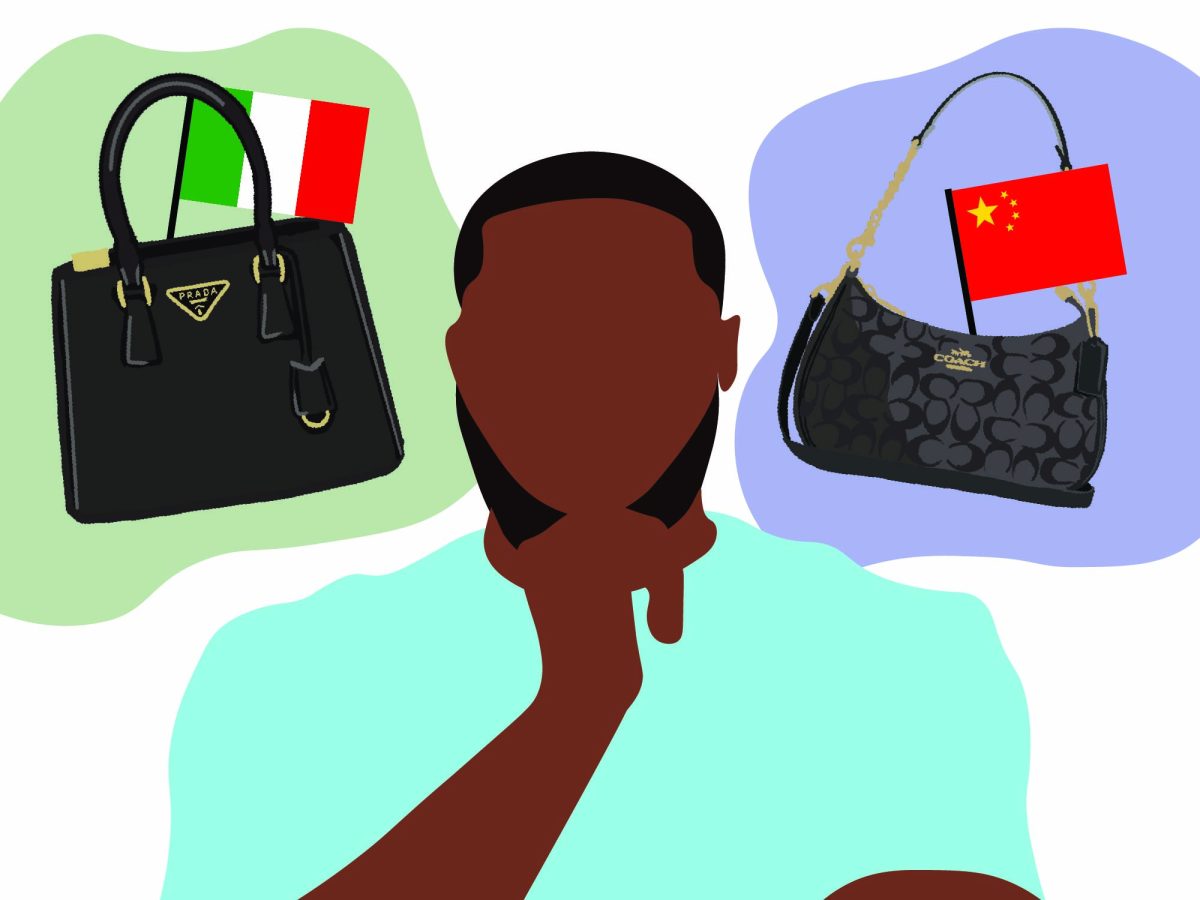
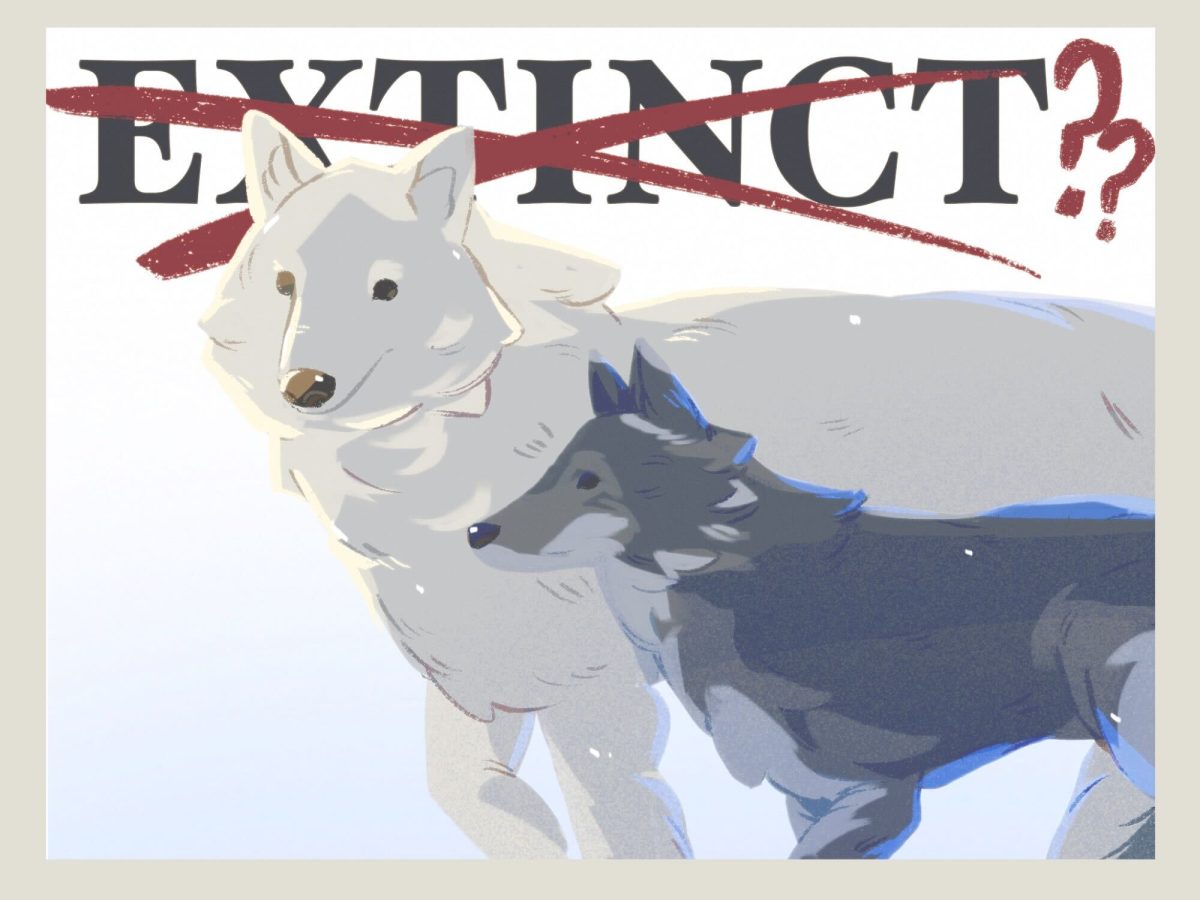
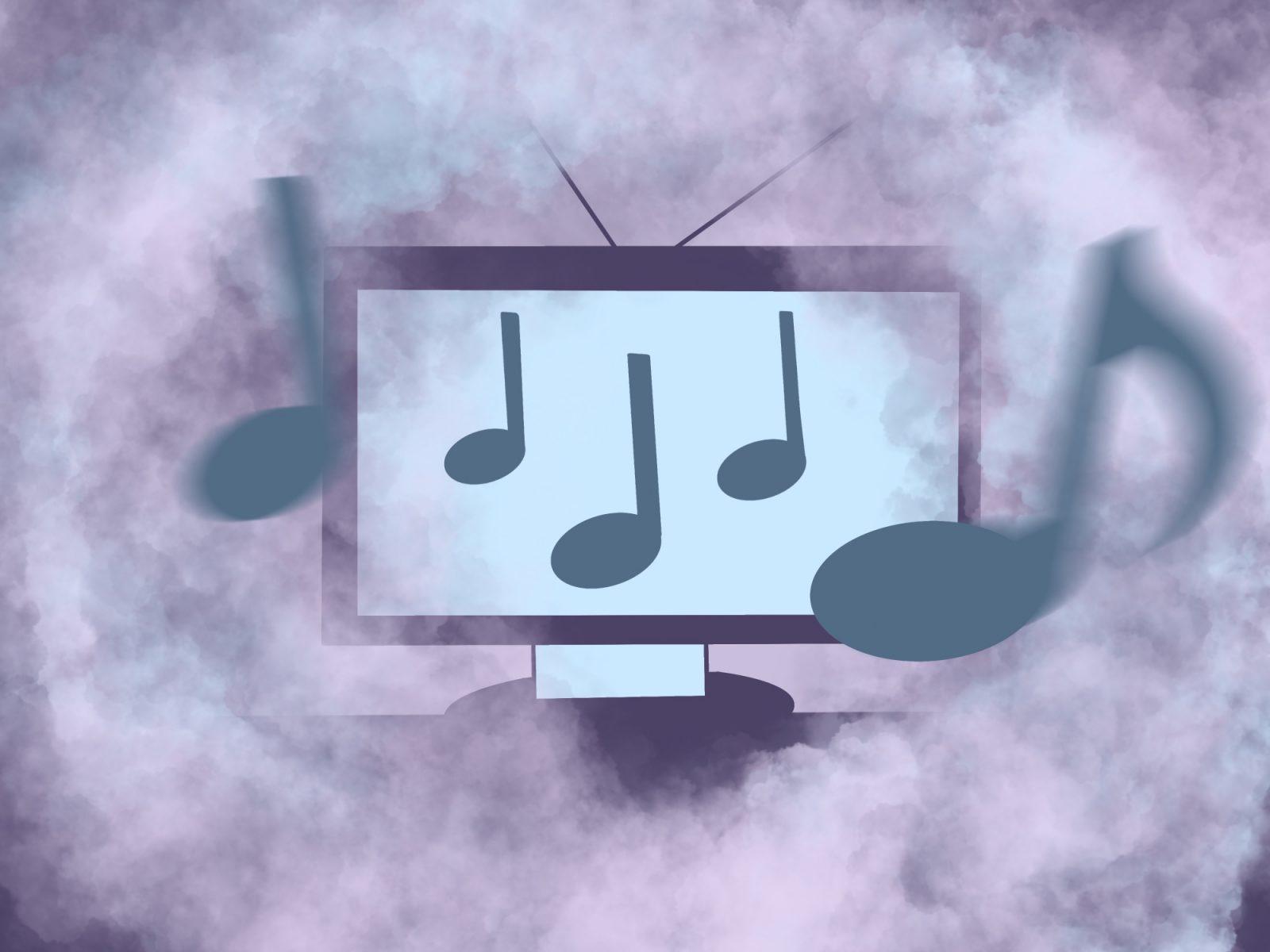
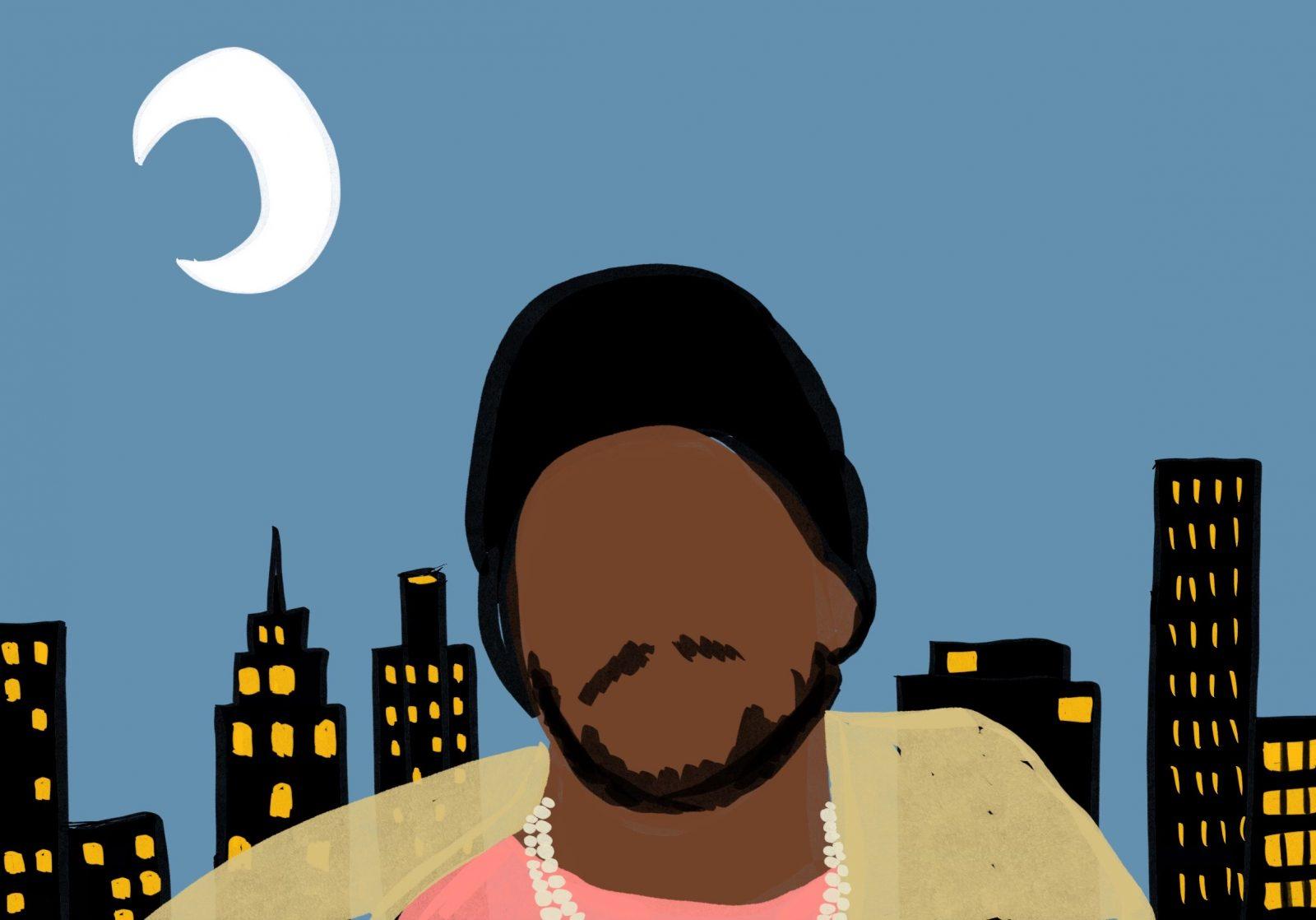
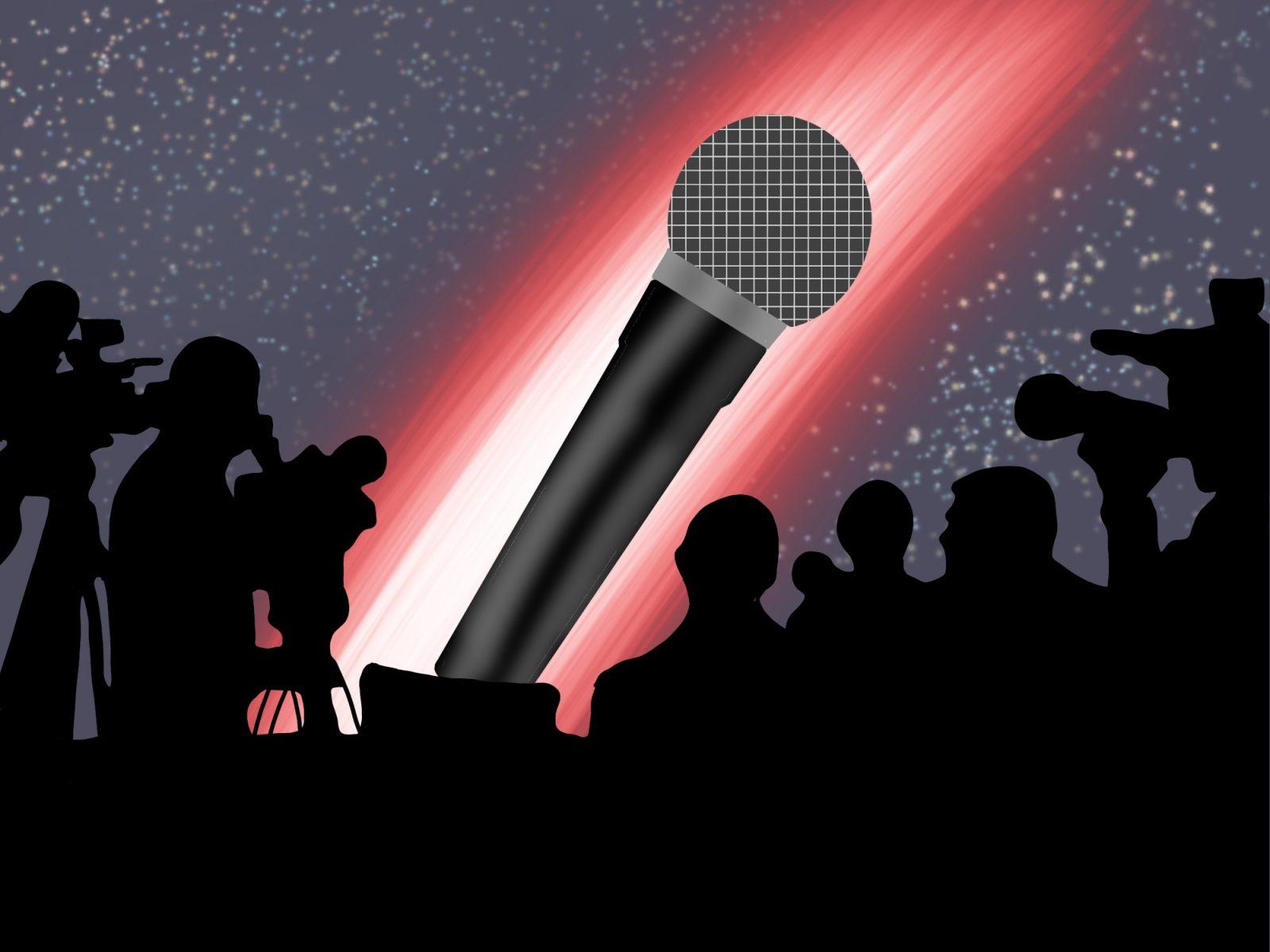
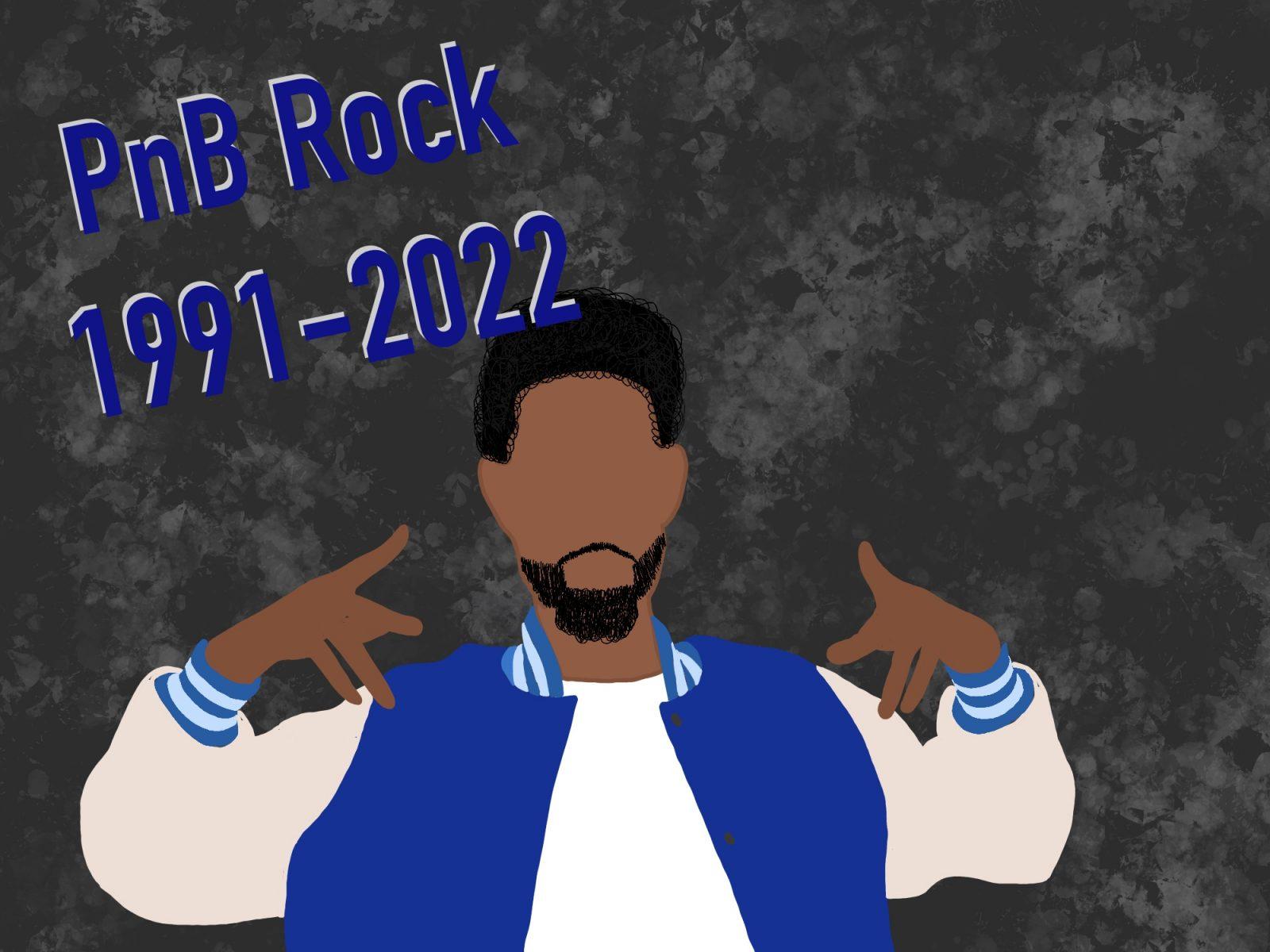
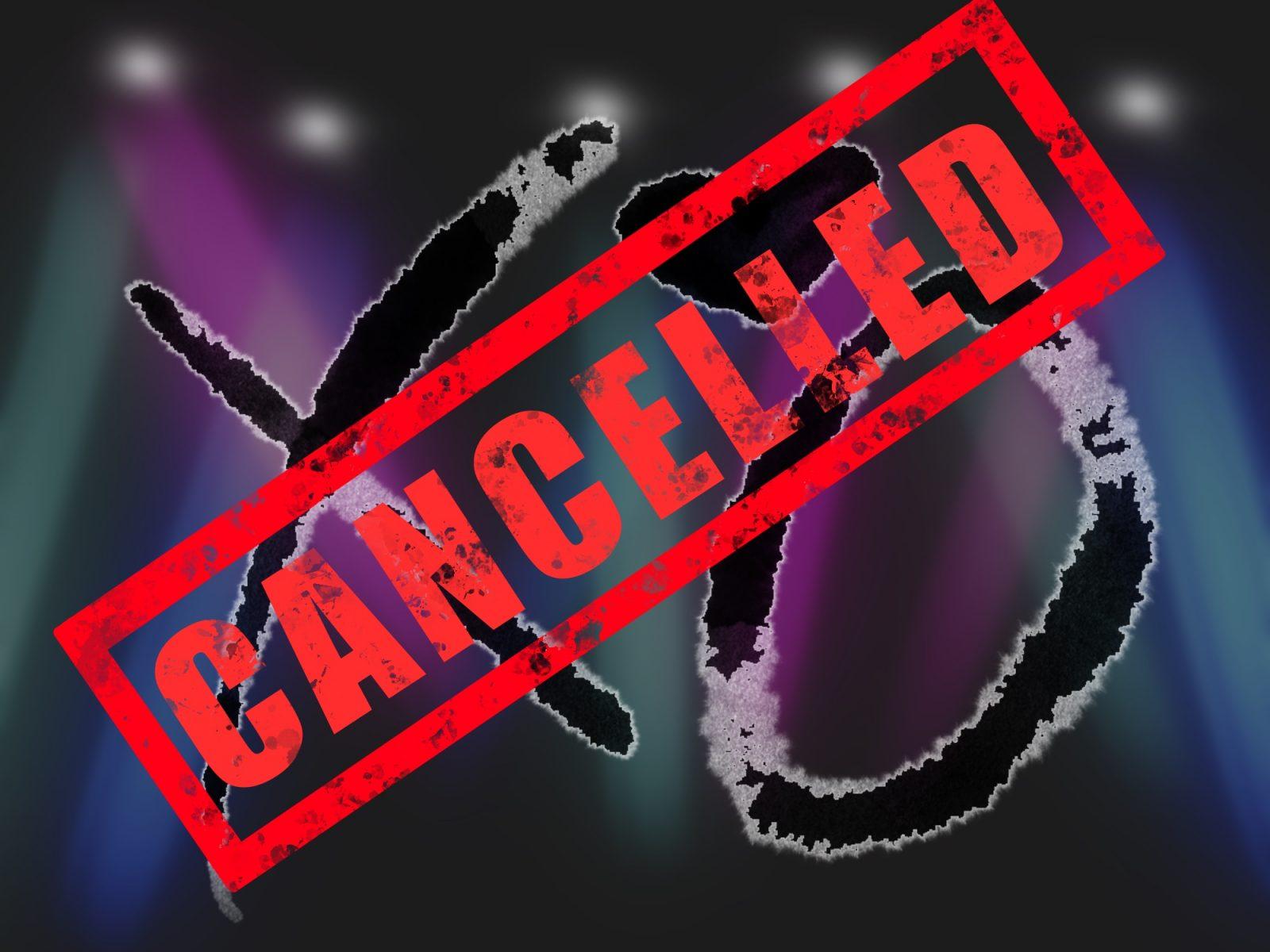
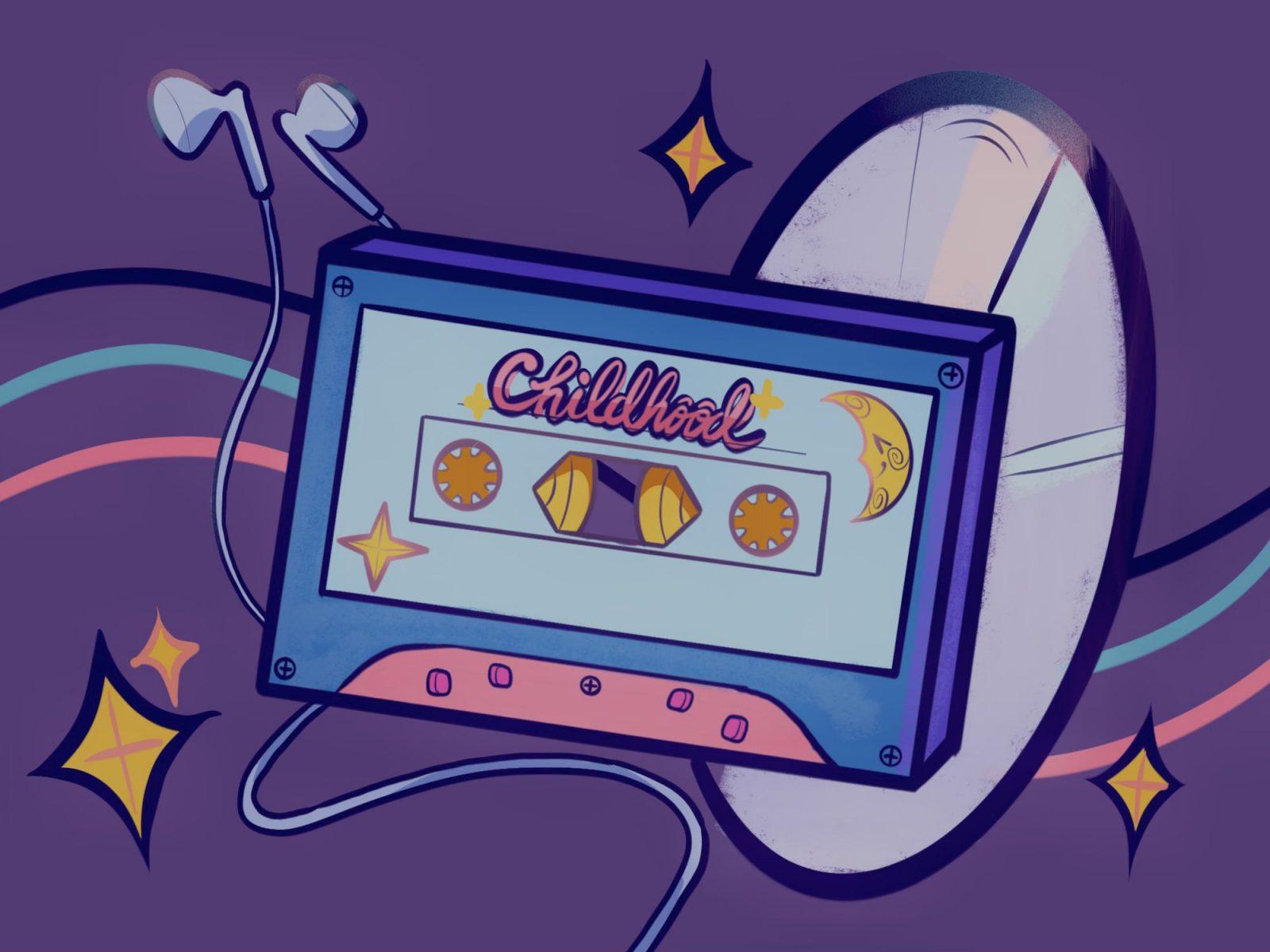
Jonathan Acevedo • Mar 30, 2022 at 6:53 pm
Great read!